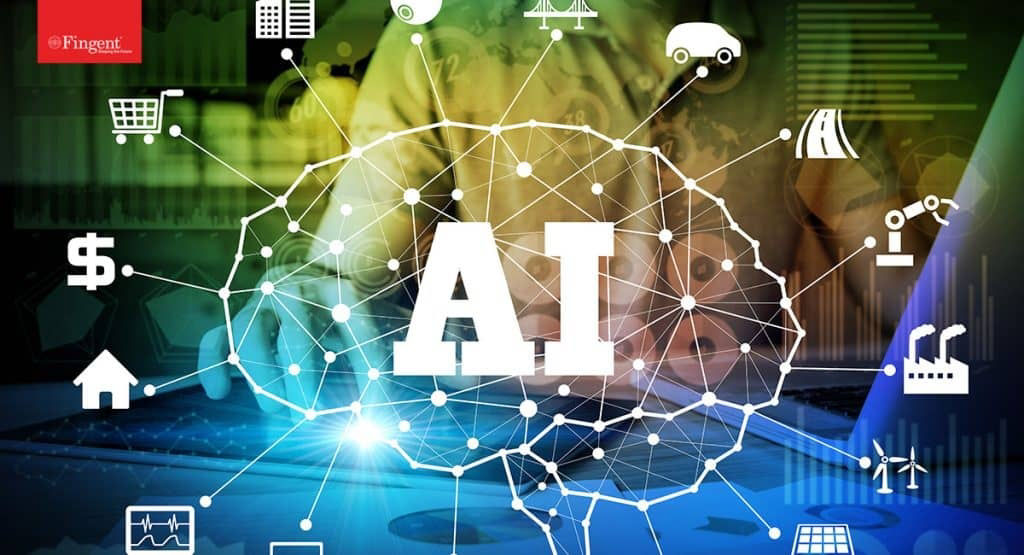Artificial Intelligence (AI) is a rapidly growing field that is revolutionizing the way we live, work, and interact with each other. From chatbots and virtual assistants to self-driving cars and smart homes, AI is making our lives easier and more efficient in countless ways. However, as AI continues to advance, there are also growing concerns about its potential risks and ethical implications. In this article, we will explore the advancements, challenges, and opportunities of AI.
Advancements
AI has made significant advancements since its inception in the 1950s. Today, AI is being used in a wide range of applications, from healthcare and finance to transportation and manufacturing. Some of the most exciting advancements in AI include:
Natural Language Processing (NLP): NLP is a subfield of AI that focuses on the interaction between computers and human languages. With NLP, machines can understand, interpret, and generate human language, making it possible to develop chatbots, virtual assistants, and other conversational interfaces.
Computer Vision: Computer Vision is another subfield of AI that enables machines to interpret and understand visual data from the world around us. This has enabled the development of self-driving cars, facial recognition technology, and other applications that rely on visual data.
Deep Learning: Deep Learning is a type of machine learning that uses neural networks to analyze and interpret complex data. This has led to significant breakthroughs in speech recognition, image and video recognition, and other areas.
Robotics: Robotics is an area of AI that focuses on developing machines that can perform tasks autonomously. From drones and surgical robots to manufacturing robots, the potential applications of robotics are vast.
Challenges
Bias: AI algorithms can be biased if they are trained on biased data. This can lead to discrimination and other negative outcomes, particularly in areas like hiring and lending.
Privacy: AI systems can collect and process vast amounts of data, raising concerns about privacy and security.
Explainability: Some AI systems are so complex that it can be difficult to understand how they arrive at their decisions. This makes it challenging to identify and address issues that may arise.
Job Displacement: As AI becomes more advanced, there are concerns that it may lead to job displacement, particularly in industries like manufacturing and transportation.
Opportunities
Despite these challenges, there are also many opportunities associated with AI. Some of the most exciting opportunities include:
Improved Efficiency: AI can help organizations and individuals be more efficient by automating tasks and processes, freeing up time and resources for other activities.
Improved Healthcare: AI can help improve healthcare outcomes by analyzing patient data and identifying potential health risks or treatment options.
Increased Safety: AI can help increase safety in areas like transportation by enabling self-driving cars and other autonomous systems.
Conclusion
AI is a field that is evolving rapidly, with new breakthroughs and challenges emerging all the time. While there are certainly challenges associated with AI, the potential benefits are vast, from improved efficiency and decision making to better healthcare and increased safety. As AI continues to advance, it is important for individuals, organizations, and governments to work together to address the challenges and opportunities of this exciting field. By doing so, we can help ensure that AI is used in an ethical and responsible manner, benefiting society as a whole.



